# 2025
12 posts in `2025` tag
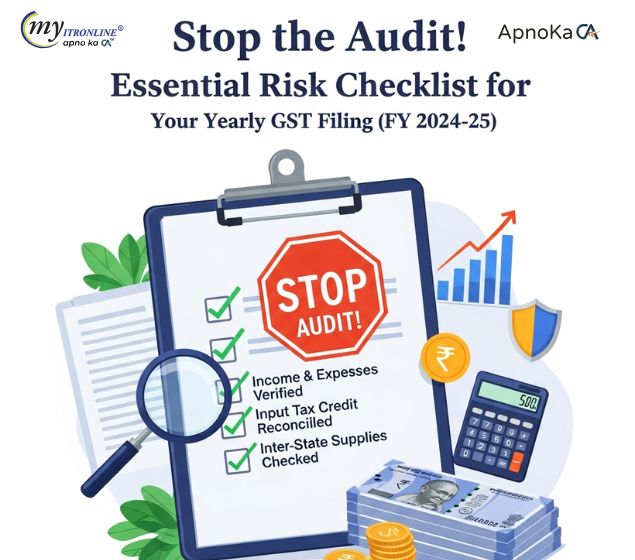
Stop the Audit! Essential Risk Checklist for Your Yearly GST Filing (FY 2024-25)
Simplify your year-end tax process. This guide cuts through the complexity of the annual GST return (GSTR-9) and highlights 25 critical errors the 'Red Flags' that often trigger government scrutiny. Use this checklist to safeguard your business before the deadline.
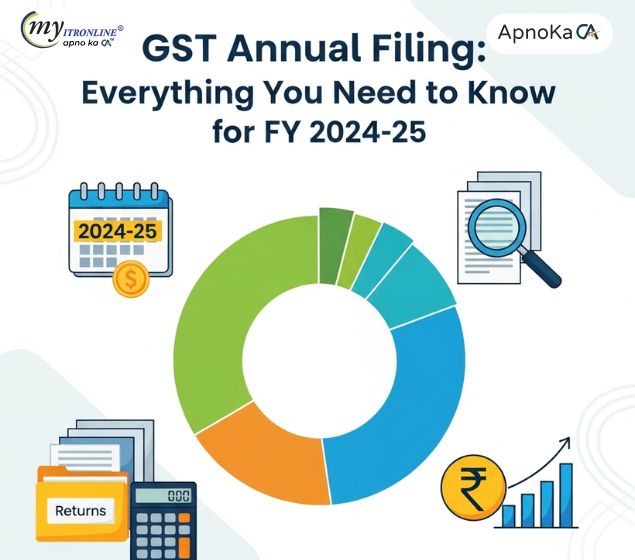
GST Annual Filing: Everything You Need to Know for FY 2024-25
The annual Goods and Services Tax (GST) filing for the 2024-2025 financial year is quickly approaching. This post explains who needs to file the yearly return (GSTR-9) and the reconciliation statement (GSTR-9C), outlines the penalties for delays, and provides an essential checklist to ensure timely compliance.
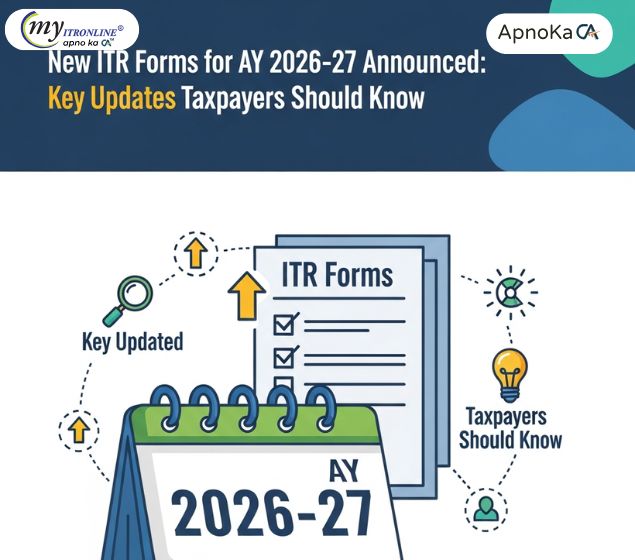
New ITR Forms for AY 2026–27 Announced: Key Updates Taxpayers Should Know
The Government will soon release simplified ITR forms for AY 2026–27, aligned with the new Income-tax Act, 2025. These updated forms aim to make filing easier, reduce compliance burden, and reflect changes expected in Budget 2026. Here’s a quick, clear overview for taxpayers.
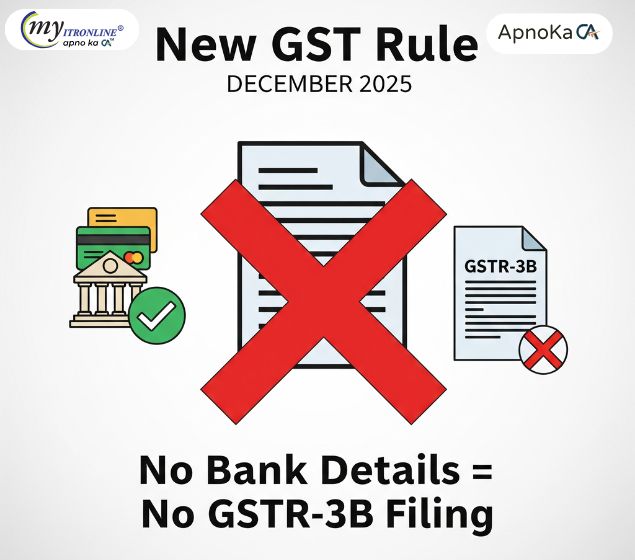
New GST Rule December 2025: No Bank Details = No GSTR-3B Filing
Starting December 2025, GST registrations will face automatic suspension if bank account details are not updated within 30 days or before filing GSTR-1/IFF. This new compliance rule directly impacts filing, billing, and business continuity, making timely updates essential for businesses.
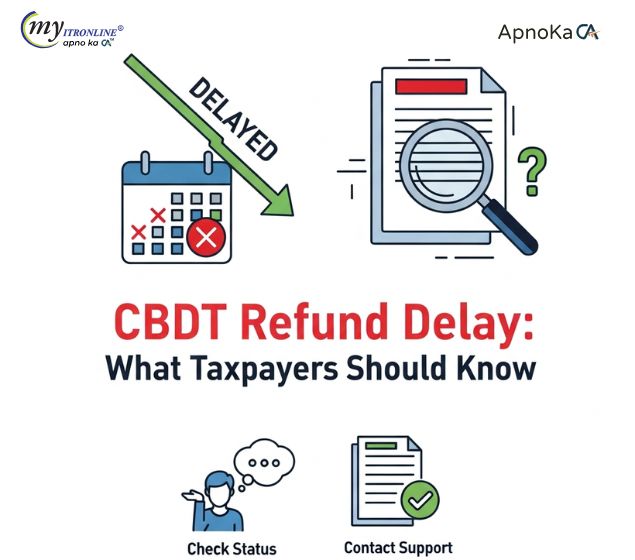
CBDT Refund Delay: What Taxpayers Should Know
There is no halt on refund processing by CBDT. Only high-risk refund claims are being held for verification, while smaller refunds are being processed normally. Most legitimate refunds are expected to be released by December.
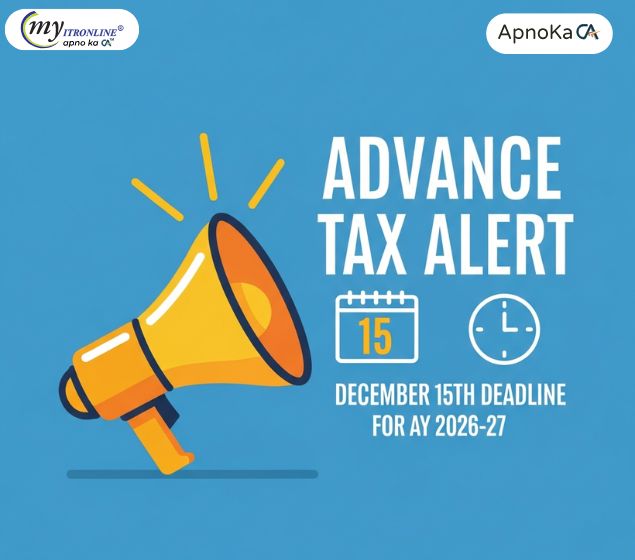
Advance Tax Alert: December 15th Deadline for AY 2026-27
The next Advance Tax installment for Assessment Year (AY) 2026-27, related to Financial Year 2025-26, is due by December 15, 2025. Taxpayers with total estimated tax liability of ₹10,000 or more after TDS/TCS should pay Advance Tax on time to avoid interest under sections 234B and 234C.

Foreign Assets Alert: Avoid Heavy Penalties by Updating Returns
The Income Tax Department has warned about 25,000 taxpayers to review and revise AY 2025-26 returns for foreign assets and income by December 31, 2025. Non-reporting can lead to a 10 lakh fine and up to 300% penalty. Last year’s drive led to major disclosures. Act now to stay compliant.
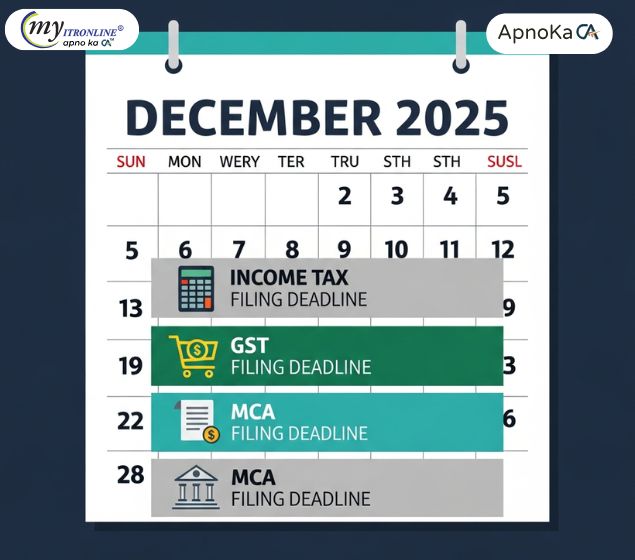
December 2025 tax due dates: simple tracker for businesses and individuals
December is a crucial month for Indian taxpayers. This tracker lists the key dates for Income Tax (ITR, Advance Tax, TDS), GST (GSTR-1, IFF, GSTR-3B), and MCA filings, plus PF/ESI and TDS statements. Mark these deadlines to avoid late fees, interest, and ITC issues.
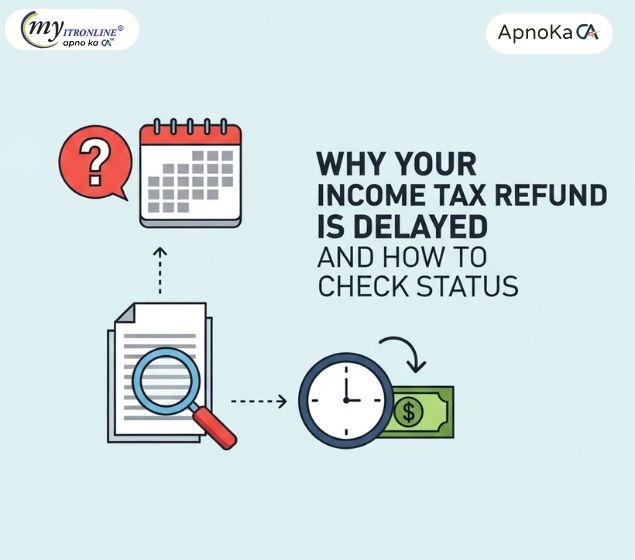
Why Your Income Tax Refund Is Delayed and How to Check Status
Many taxpayers are still waiting for their refund. This guide explains how to check your income tax refund status, why refunds get delayed, and simple steps you can take to fix the issue and receive your money soon.
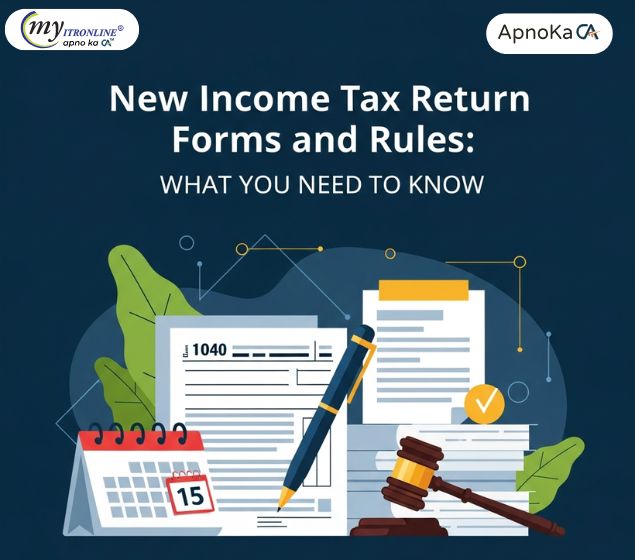
New Income Tax Return Forms and Rules: What You Need to Know
The government is set to introduce simplified income tax return forms under the Income Tax Act, 2025 by January 2026, replacing the long-standing Income Tax Act, 1961. These new forms aim to make tax filing easier, reduce compliance burdens, and improve transparency. Refunds are being processed, with larger claims expected by December 2025. The CBDT is confident of meeting its ambitious ₹25.20 lakh crore direct tax collection target for FY26, supported by strong growth. Taxpayers should prepare for the new system, which takes effect from April 1, 2026.
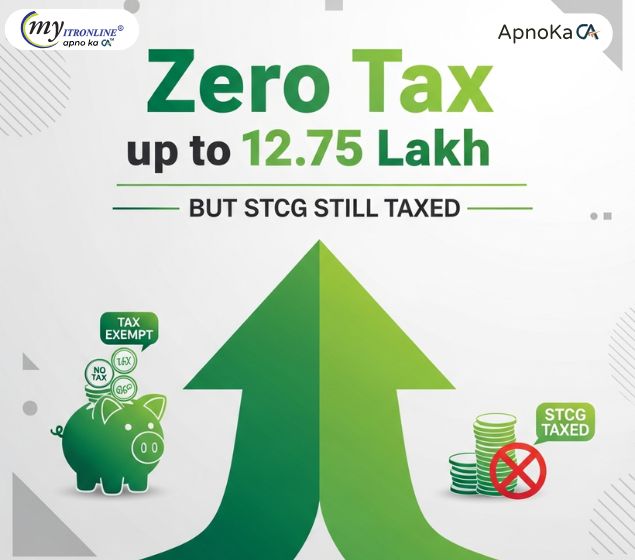
Zero Tax up to 12.75 Lakh But STCG Still Taxed
The Union Budget 2025 has raised the Section 87A rebate, exempting income up to ₹12.75 lakh from tax. However, Short-Term Capital Gains (STCG) on equity shares and mutual funds remain taxable at a flat 15%. While salaried taxpayers enjoy zero tax relief, investors and traders must pay STCG separately without rebate benefits.

RBI Alert: Bank Account Closure Begins Today
This blog explains RBI’s new directive effective November 11, 2025, targeting dormant, inactive, and zero-balance accounts. It highlights which accounts are at risk and provides easy steps to keep your account safe and active.
